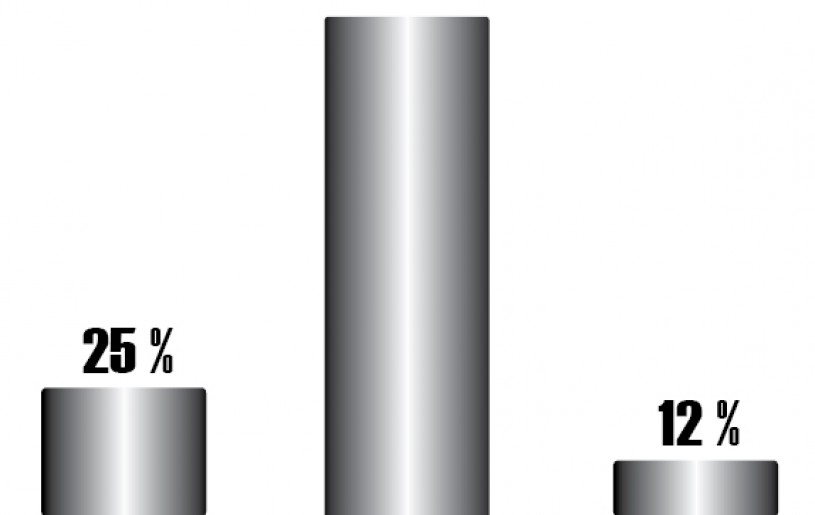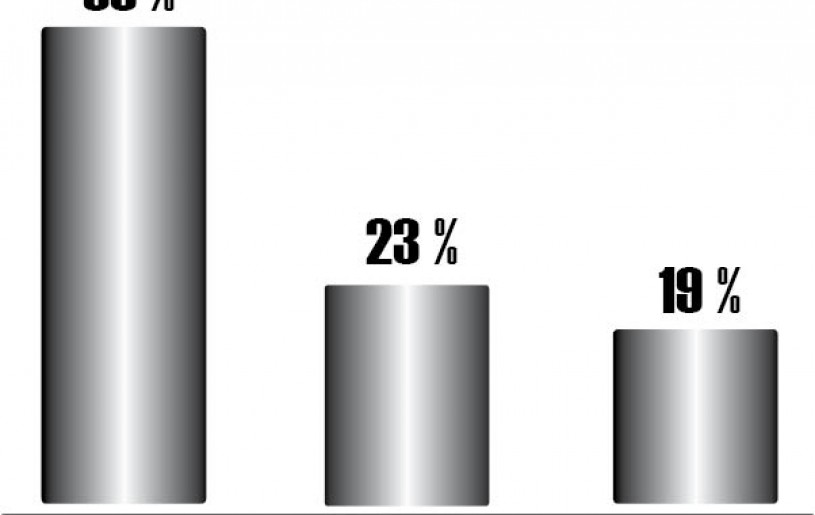
In the olden times when there was no internet, no telephone, no television, no radio, no telegram etc, the only means through which two nations at war with one another could communicate was the message delivered by the messengers. Whether to continue with the war or conclude peace, it is only by communicating with one another that they could come to know of one another’s intentions. And in the absence of any of the modern means of communication which we have today, the only way through which they could communicate was the messages brought by the messengers from the other side amidst heavy risks. In other words, as far as communicating with the enemy camp was concerned, they were totally dependent on the messengers. That was why even when two nations or groups of people were at loggerheads and fighting fiercely on the battle front, none of the two parties would harm the messengers even if they are from the enemy camp. Because once the messengers were harmed, communication would be gone and the fighting would head into meaningless direction with no sign of compromise or peace. Therefore, even in the olden times when war was fought fiercely and when war was used to decide almost every issue between nations, messengers enjoyed a special status because they were the ones who kept the channel of communication alive and kicking even between the fiercest of enemies. So the code which every warring nation observed even in the past was “Don’t Shoot the Messenger”.
In today’s times when we are surrounded by all the best, fastest and most sophisticated means of communication, we no longer need messengers who have to travel on foot, horses, ships or boats risking their lives under trying circumstances like in the past. But even in today’s times the role of the messengers has not diminished a bit. So what are the modern day messengers? I would say the modern day messengers are all the varied means of communication that we have around us today like televisions, radios, internet, mobile phones, magazines, newspapers etc. It is through these modern day messengers that we can come to know about what is happening in the other side of the world, what’s going on in somebody’s mind, what’s the latest news in town etc even when we are comfortably seated in our homes. Even today, it is through these messengers that the world is moving forward as a closely knitted entity. So even in today’s times the code which everybody observed in the past should be acknowledged and observed by everybody and that code is “Don’t Shoot the Messenger”.
Today all the modern means of communication have also reached the Nagas and we are certainly not aloof from anything that is going on in our immediate neighborhoods as well as in far-flung areas and other parts of the world. However it is unfortunate that undesirable elements have tried to obstruct the free-flow of communication amongst us by intimidating the messengers who are walking the extra mile to keep the Nagas united as one people.
Today we have with us the fastest and most sophisticated means of communication. And among these means of communication, the oldest one which has withstood the test of time is the newspaper. Of course, publication and circulation of newspapers in Nagaland is only of a recent phenomenon dating back some 30-35 years. But in other parts of the world, newspapers have been there for centuries now. And even in today’s time when we have many means of communication with us, newspapers have still not lost its relevance and utility. Newspapers still have the mass appeal. They are still the first thing that many look for in the morning. They are still the No.1 messenger for millions of people around the world.
In Nagaland today we have a couple of media houses which are doing a splendid service by providing us daily publications of newspapers. I think the roles that these newspapers are playing in shaping the minds and opinions of the Nagas and creating awareness on varied issues amongst us should never be taken for granted. By publishing and distributing newspapers to every household every morning, these media houses are connecting the Nagas everyday and building bridges amongst us. Every morning when we pick up and read our newspapers, we are automatically being connected one way or the other. We read the same news which shape our opinions and make us aware of things which would otherwise have remained unnoticeable to us. Indeed the newspapers published and distributed by Nagas in Nagaland have assumed a very special role amongst the many means of communications that we have today. They are the messengers who bring to our doorstep every morning our own stories, our own drawbacks, our own failures, our own limitations, our expectations and our dreams and aspirations for a better future and we stay connected through these messengers.
And so it is unfortunate that there have been instances in the recent past where our media houses have been intimidated and forced to work under duress and threats. Such unruly behaviors should be discouraged by every right thinking Nagas because unless these messengers are made to work freely without any fear and pressure, the future that lies ahead of us can never be a bright and promising one. So the code ‘Don’t Shoot the Messenger” still very much applies.
To take the newspapers which contain our own stories to every nook and corner of our land, some people are walking the extra mile by staying awake the whole night while we are safely sleeping soundly in our warm beds. Some are driving and traveling in the wee hours of every morning forgetting their own comforts and risking their lives to ensure that even the ones living in the remotest parts of our land get their share of the stories. These people are the modern day messengers in every sense of the word. They are awake when we are sound asleep, they are traveling when we are yet to take our first sip of warm tea in the morning and they are working when we are yet to get ready for our works. They are the modern day messengers and so “Don’t Shoot the Messenger”.
Yes, it is unfortunate to learn that in the recent times there have been instances when even the drivers carrying the newspapers to our remote areas have been threatened, intimidated and manhandled by unruly elements for no fault of theirs. In connection with these unfortunate instances, the media houses of Nagaland came out with a public statement on 17th October to express their resentment and disapproval. And so through this article I also express my solidarity with them today and say “Don’t Shoot the Messenger”.
We may not like or agree with whatever we read in the papers. We may feel that some of the opinions and ideas published in the papers are too radical or too extreme or not fit for public consumption. At times we may even feel like the newspapers are even publishing nonsense and rubbish news. Or we may even feel like the papers are just simply publishing unconfirmed news without authentication just to cover up the spaces and to keep their businesses running. But still then let us remember that even in today’s times, newspapers are still undoubtedly the most prolific messengers, they are still the most powerful fuel that drives and shapes public opinion and they are still the best platform to create awareness on any issue. And they can still be our most effective tool to start our day and stay in touch with society. So let us continue to stay connected to our morning papers, give them the due respect, honour and acknowledgement and please “Don’t Shoot the Messenger”…





